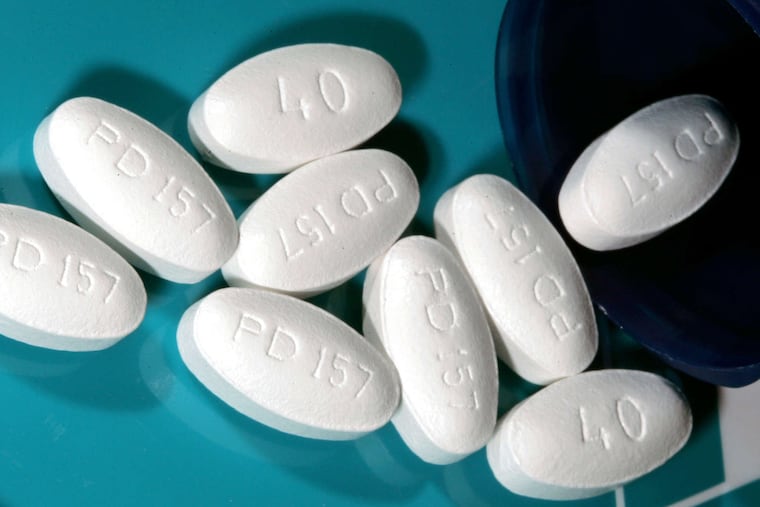You feel fine but your doctor thinks you need a prescription l Expert Opinion
When I proposed that my patient start on a statin drug, his response was a common one: “I feel fine, and no one in my family has heart disease—why would I need another medication?"

During a recent telemedicine visit, I told my patient that I had calculated his risk score for a future heart attack, and it was about 20%. That means that he has a one in five chance of having a cardiac event in the next 10 years, which is very worrisome. He no longer smokes, has improved his diet, and his blood pressure is well-controlled with medication.
What is his best heart disease preventive strategy? Taking a statin, a class of cholesterol-lowering medications that have been shown in scientific studies to lower heart disease and stroke risk.
When I proposed that my patient start on a statin drug, his response was a common one: “I feel fine, and no one in my family has heart disease — why would I need another medication?"
I can certainly understand why this seems strange, and I have struggled to find the best way to explain it.
When the topic of preventive medicine is raised, most of us think of such things as mammography, colonoscopy, laboratory testing, and vaccination. We usually think of medication as something used to treat a problem, not prevent one. As it turns out, though, medication is often used for preventing problems, and we are fortunate to have some that are very effective. We use blood thinners to prevent clots, inhalers to prevent asthma flare-ups, and other drugs to prevent migraines, travel-related infections and HIV, just to name a few.
Recently, statins have gained traction in this regard, and their appropriate use has become one measure of high-quality medical care. Ethical doctors do not get incentives from drug manufacturers to dole out these medications, though I’ve heard this theory many times. Rather, we use guidelines from the U.S. Preventive Services Task Force (UPSTF), American Heart Association (AHA), and the American College of Cardiology (ACC) to evaluate risk and make recommendations for preventive use of statins.
These guidelines do not call for an automatic prescription solely because of elevated LDL (so-called bad cholesterol) or triglycerides. Rather, they reflect a variety of risk factors that include lab tests, as well as family history, and such personal health issues as hypertension, diabetes, and smoking.
What about the risk of side effects from statin drugs? This is a common and reasonable concern with medication use, one that you should always review with your doctor, whether a drug is being used for prevention or for disease treatment. However, remember that risk is not exclusive to medication use; all medical tests and procedures, even preventive ones, have benefits and risks to consider.
With statins, muscle pain and liver injury are two side effects that have been widely publicized. Controlled studies — meaning studies in which one group receives the medicine and the other unknowingly get a placebo — have shown that these side effects are uncommon and rarely severe enough to take a patient who needs a statin off of it.
It is best to address your own concerns in the context of a trusting relationship with your doctor. As a patient, you should feel like a partner in all recommended or requested testing and treatment decisions. That means you should be able to bring your own research and concerns to your physician, and feel that you are being carefully heard and taken seriously.
After my patient and I had a conversation about how medication can be part of preventive health care, he was more open to it. I recommended some resources for further reading, and we are planning to continue our discussion at his next visit.
Prevention is a vital part of good health care, which is a compelling reason to visit your primary care provider at regular intervals. Keep in mind that preventive care spans the range from awareness, activities, diet, vaccination to screening tests. And it may include medication, too.
Jeffrey Millstein is a primary-care physician and medical director for patient experience, regional practices at Penn Medicine.